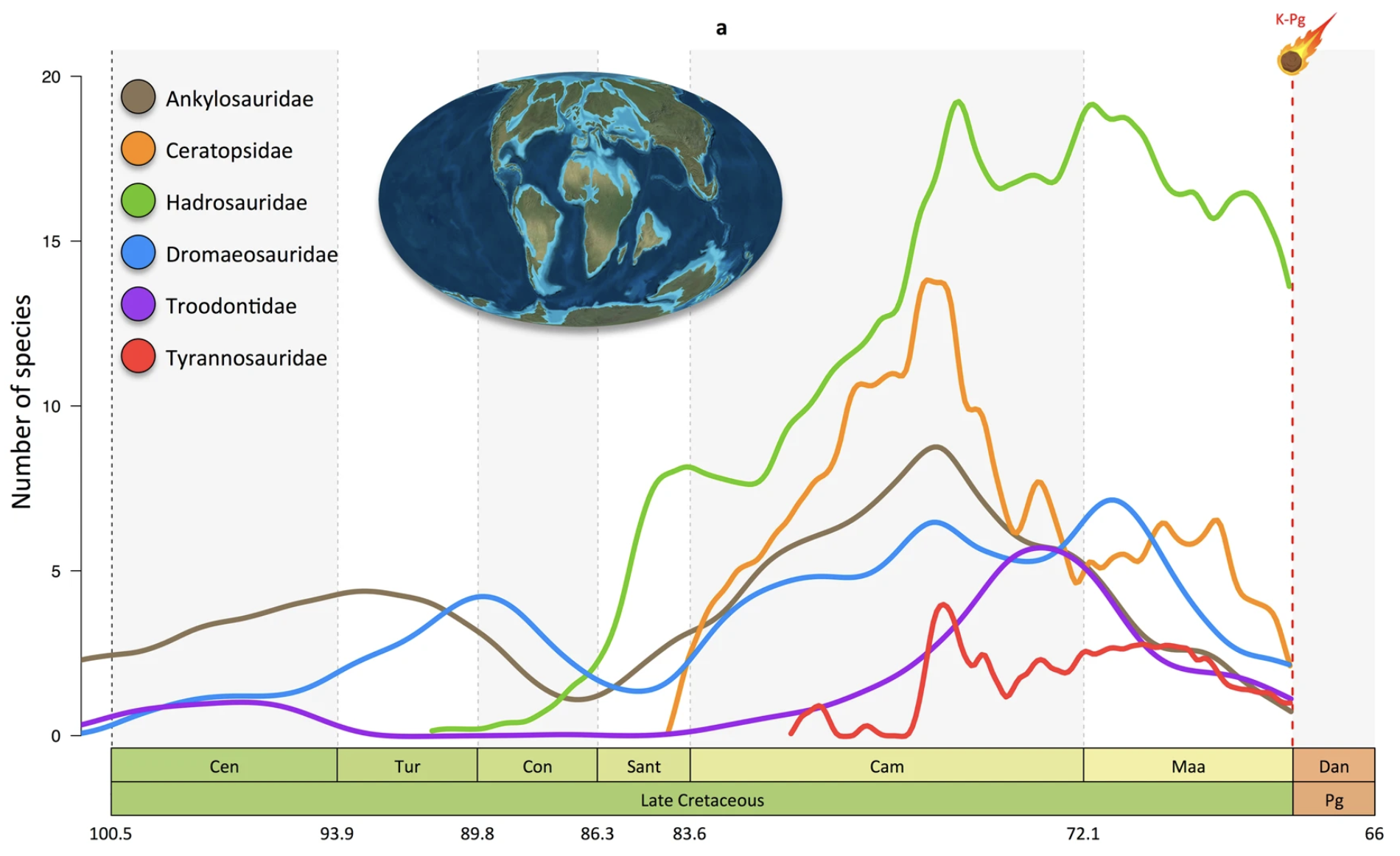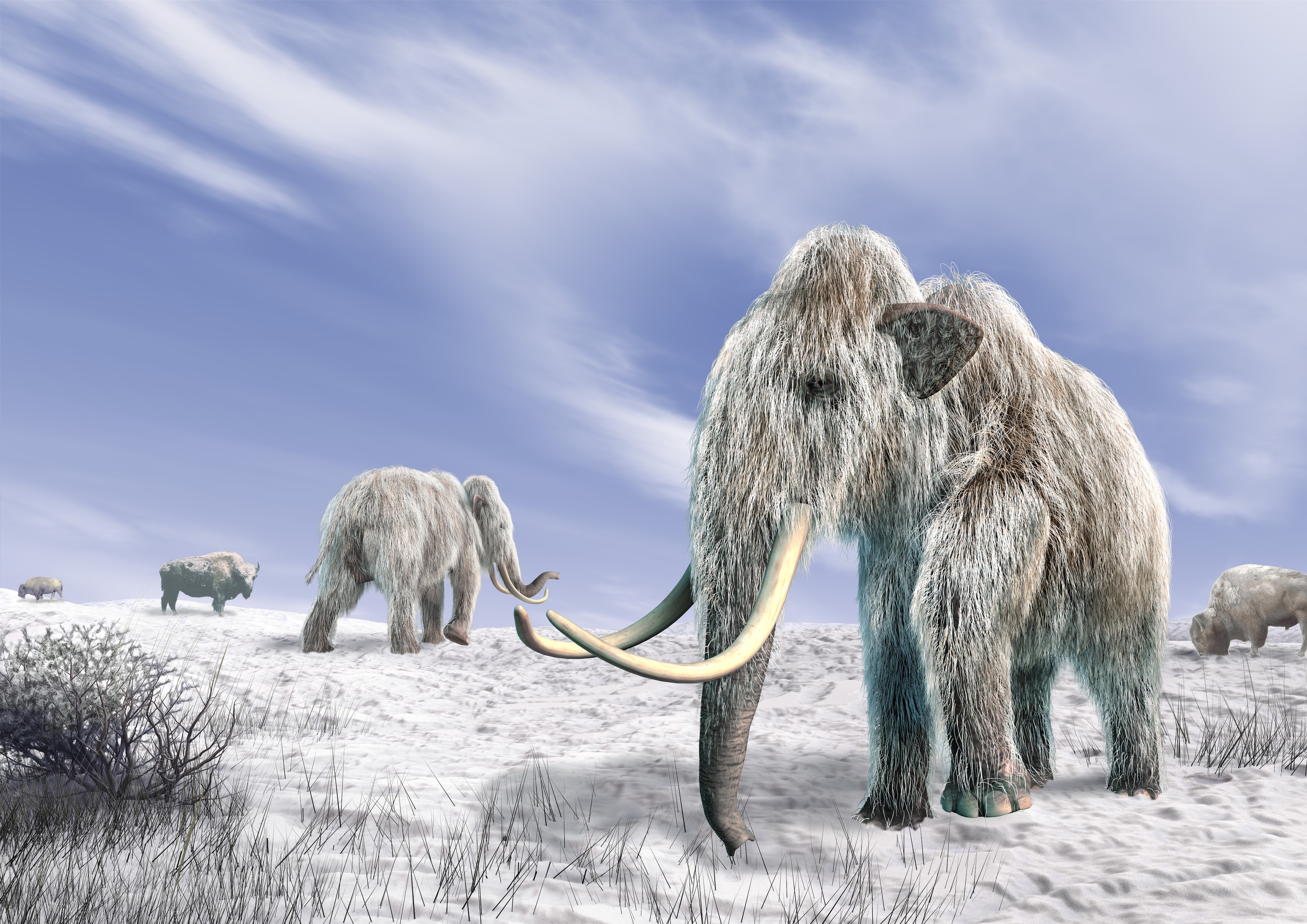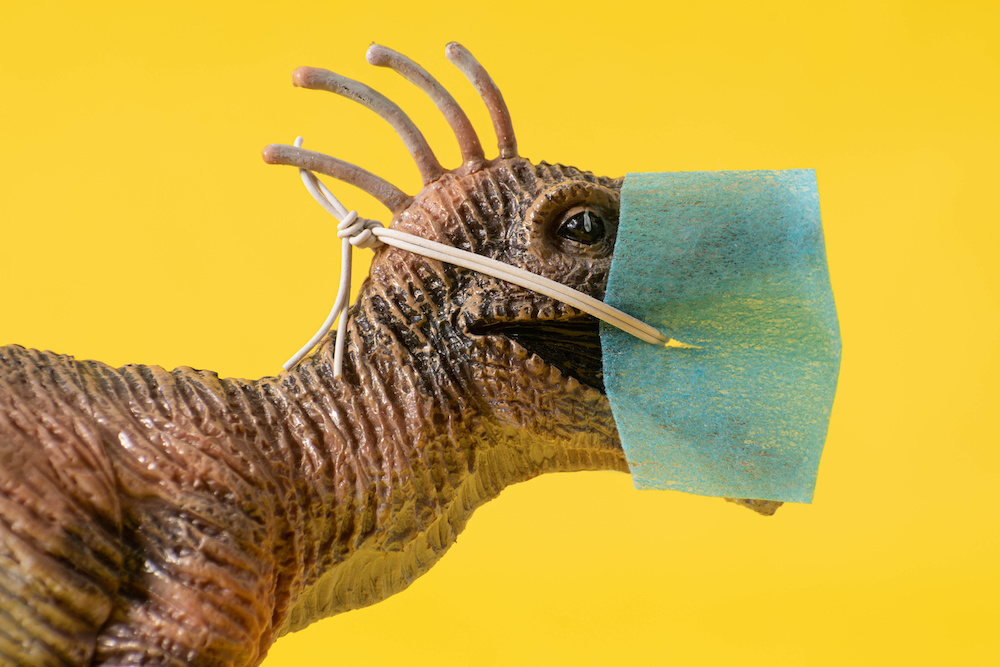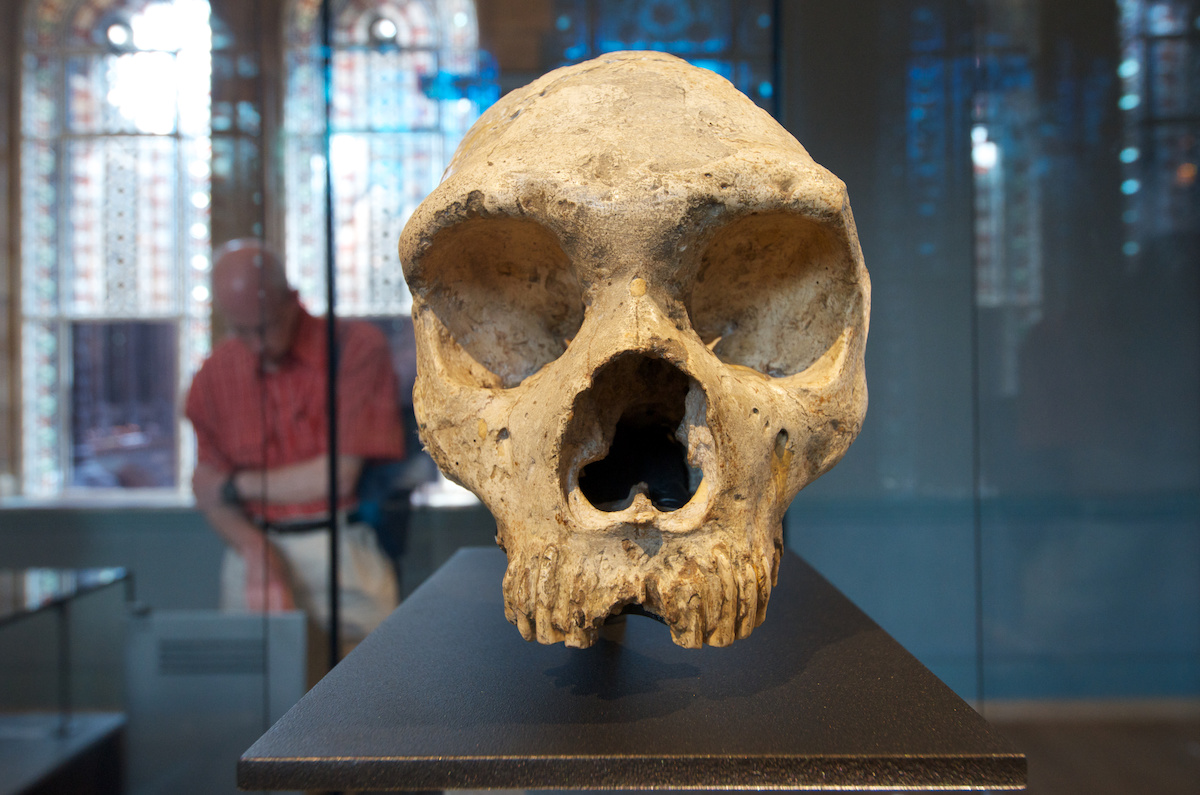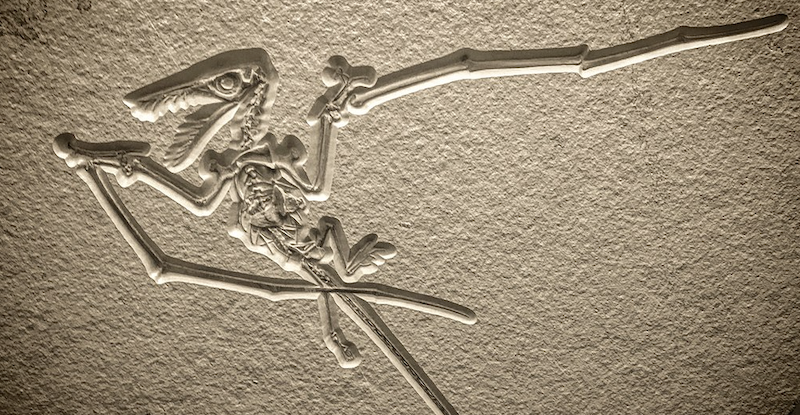‘Reaper of death’ who fed on other dinosaurs discovered
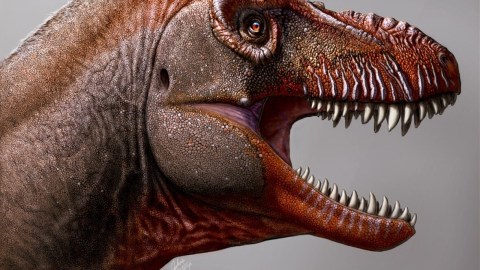
Julius Csotonyi
- Scientists in Canada discover a new species of dinosaur.
- The species is named Thanatotheristes degrootorum, which stands for “Reaper of Death”
- The dinosaur lived about 79 million years ago.
A new dinosaur species was found in Alberta, Canada. Related to Tyrannosaurs, the Thanatotheristes degrootorum is the oldest dinosaur ever found in the country, roaming its lands about 79 millions years ago.
The newly-discovered species, the first such find in the last 50 years, shares a lineage with the fearsome T.rex, which came about 11 million years later. Thanatotheristes degrootorum, whose name translates ominously as the “reaper of death,” had the length of two cars and the height of about 2.4 meters. It lived during the Cretaceous period, when it prayed on herbivorous beasts like the horned dinosaur Xenoceratops and Colepiocephale, who head is shaped like a dome. Remains of these two species were also found at the same fossil site called the Foremost Formation. Millions of years ago it was a plain with swamps on the coast of the Western Interior Seaway, an inland sea that stretched from the Arctic Ocean to the Gulf of Mexico.

Darla Zelenitsky, Jared Voris and Francois Therrien, co-authors of the study, with the fossils of the dinosaur species.
Royal Tyrrell Museum of Palaeontology
The research was led by Jared Voris, a University of Calgary PhD candidate, who co-authored with study with the research group leader Professor Darla Zelenitsky.
“This animal would have absolutely been an imposing creature in the ecosystem that it lived in and it would very likely have been the apex predator,” Voris explained, adding that “It was really nice to have some sort of name that encapsulated that kind of behaviour.”
Dinosaurs are alive! Here’s how we know, and why it matters
The Thanatotheristes was indeed the top predator among the three dinosaur species found in southern Alberta so far. The others were more likely to be herbivores. Professor Zelenitsky called T.rex’s distant cousin as “relatively rare in the ecosystems,” said Professor Zelenitsky,” adding “These were probably only a few per cent of the animals.”
The scientists are looking for find other specimen of the dinosaur still out there, hoping it will fill out the picture of prehistoric life in the region.
